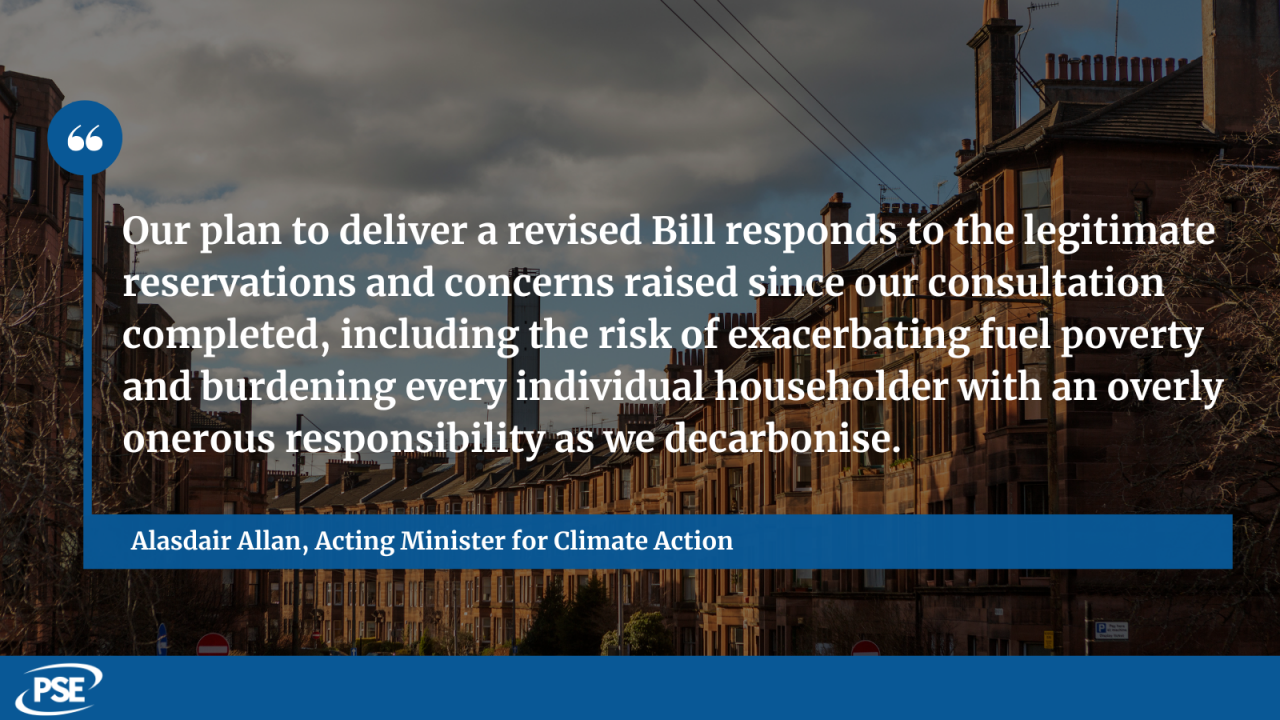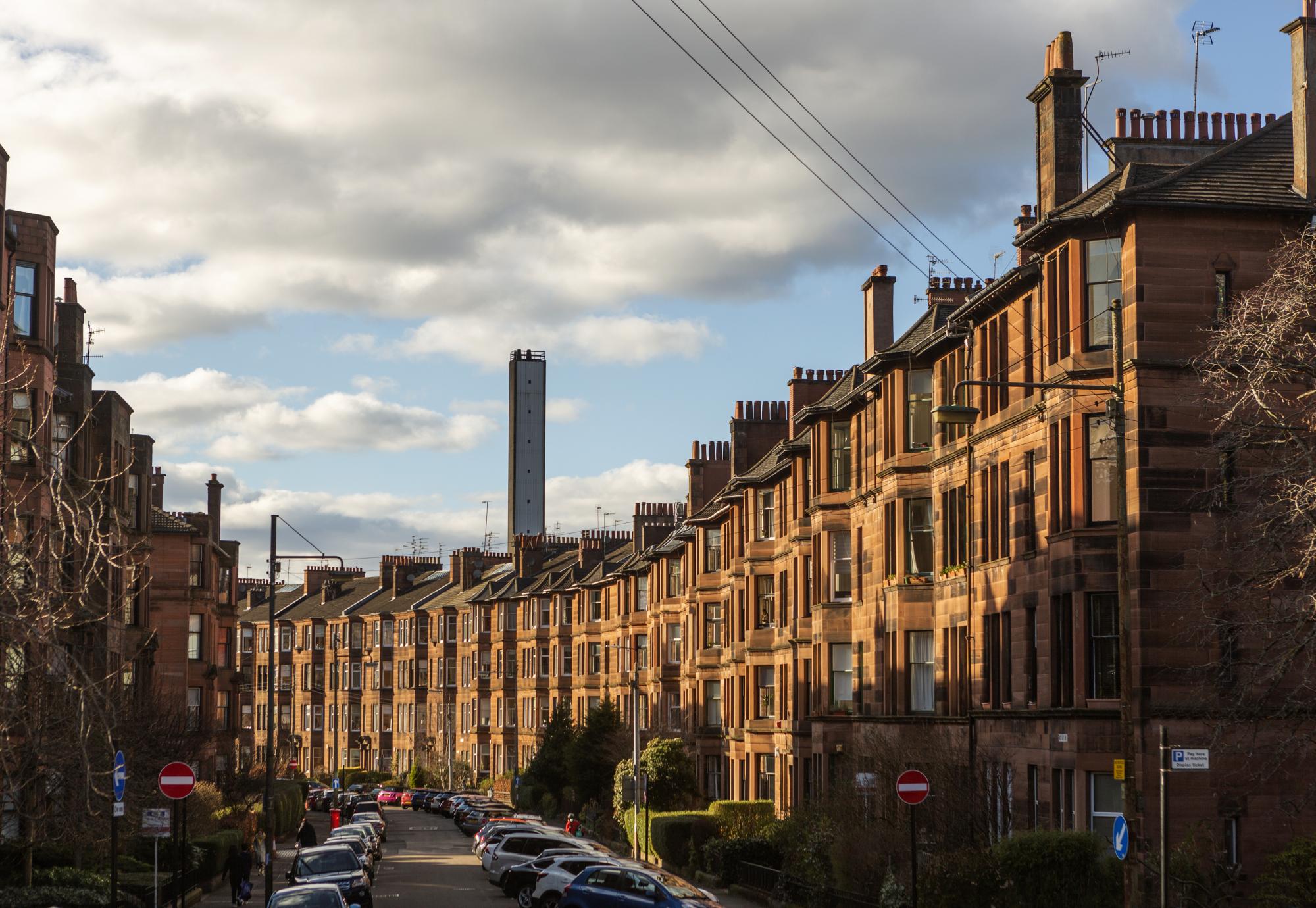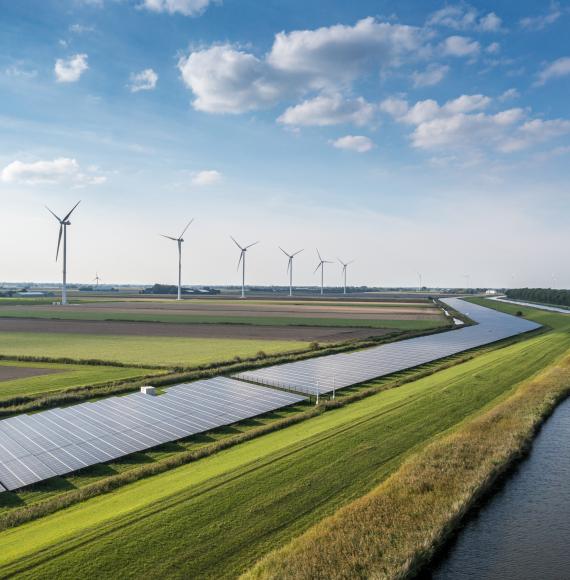The Scottish Government has announced plans to introduce a revised Heat in Buildings Bill later in 2025, setting a new target for decarbonising heating systems by 2045.
Acting Minister for Climate Action Alasdair Allan confirmed the government's commitment to reducing fuel poverty and promoting sustainable heating solutions.
The revised Bill will include several key provisions:
- Decarbonisation Target: Aiming to decarbonise heating systems by 2045, the Bill sends a strong signal to homeowners, landlords, and building owners about the need to prepare for change. It outlines collective actions to achieve this goal.
- Heat Network Development: The Bill will develop requirements for large, non-domestic premises and grant powers to require public sector buildings to connect to district heating when available.
- Energy Efficiency Standards: The Bill will set minimum energy efficiency standards for owner/occupier and non-domestic properties, with regulations for the private rented sector to be progressed under existing powers.
The Acting Minister commented:
“It is vital that we find the right balance both to reach net zero by 2045, and reduce fuel poverty.
“Many households, families and businesses are facing difficult circumstances right now and it is simply unaffordable for many building owners to make great changes in the near future – particularly for those in rural and island locations, whose needs and circumstances we must continue to consider carefully.
“Our plan to deliver a revised Bill responds to the legitimate reservations and concerns raised since our consultation completed, including the risk of exacerbating fuel poverty and burdening every individual householder with an overly onerous responsibility as we decarbonise.
“Instead of placing prohibitions on every homeowner, we will establish targets for Government to reach. Rather than looking at action through the lens of decarbonising alone, we will also commit to doing everything within our power to reduce costs for people.”

The proposed Bill will remain technology-neutral, acknowledging that different properties and regions may require varied solutions. For instance, clean heating solutions in remote and rural areas may differ from those in urban areas. The Bill will accompany related initiatives, including a Social Housing Net Zero Standard and reforms to Energy Performance Certificates.
Dr Allan also welcomed the second report by the independent Green Heat Finance taskforce, which focuses on financing place-based solutions, heat networks, and social housing retrofits.
This revised Bill represents a significant step towards achieving Scotland's climate goals and ensuring a sustainable future for all.
Image credit: iStock



















